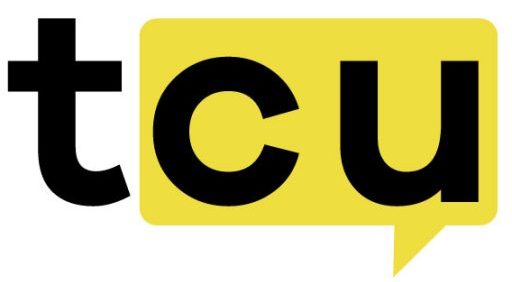Decentralized Exchanges See Surge in Trading Activity
The numbers don’t lie—decentralized exchanges (DEXs) are having a moment. Weekly trading volume across these platforms hit $113.4 billion, up roughly 12.6% from the previous week. That’s not just a blip. It suggests traders are leaning harder into DEXs, even as traditional centralized exchanges (CEXs) still hold most of the market. According to Phoenix Group, DEXs now make up about 28% of total crypto trading. Not bad for a sector that was niche just a few years ago.
PancakeSwap and Uniswap Lead the Pack
PancakeSwap isn’t just holding its own—it’s dominating. The platform saw $65.13 billion in weekly volume, more than half the entire DEX market. With $10.69 billion locked in its contracts, it’s clear traders trust it for liquidity, especially on Binance Smart Chain.
Then there’s Uniswap, the old guard of Ethereum-based DEXs. Despite high gas fees, it pulled in $27.76 billion in trades last week. Its $4.34 billion in locked value shows it’s still a go-to for serious traders, even if smaller chains are nipping at its heels.
Smaller Players Carve Out Their Space
Raydium, built on Solana, isn’t a household name yet, but it’s getting there. $7.21 billion in weekly volume and $626 million locked isn’t chump change. Aerodrome, another up-and-comer, hit $3.81 billion in trades—impressive for a newer platform. Curve, known for stablecoin swaps, did $1.45 billion. These mid-tier exchanges prove you don’t need to be a giant to matter.
Further down the list, Maverick, LFJ, DODO, and Camelot are quietly growing. Maverick’s $620 million volume on just $24 million locked suggests traders are using it for quick moves, not long-term holds. LFJ and DODO, with their hybrid models, are attracting users who want tighter spreads. Camelot, though smaller, seems to be finding its footing, maybe by listing tokens others ignore.
Why This Shift Matters
It’s not just retail traders driving this. Institutions are dipping toes into DEXs too, likely because the tech’s improving and regulations are (slowly) clarifying. The bigger picture? Decentralized trading isn’t a fad. With platforms like PancakeSwap and Uniswap setting the pace, and smaller exchanges filling gaps, DEXs are becoming a core part of crypto’s infrastructure.
And honestly? That’s probably a good thing. More options usually mean better deals for traders. The numbers seem to agree.
![]()


